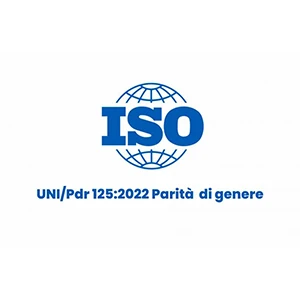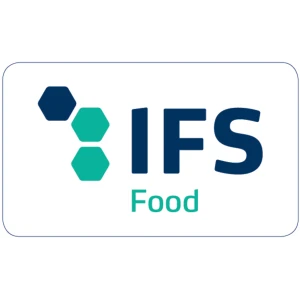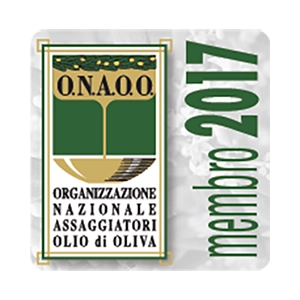Santagata‘s commitment to the quality of its products and to compliance with production and management procedures is also expressed through actions and processes that have led the company over the years to obtain numerous prestigious certifications.
The main objective of our company is to respond to the needs of the market and to best satisfy consumer expectations, in order to maintain our competitive position in the market and our production always in line with the highest quality standards.
To date, the company has the following certifications:
Santagata‘s commitment to the quality of its products and compliance with production and management procedures is also expressed through actions and processes that have led the company throughout the years to obtain numerous prestigious certifications
The main objective of our company is to respond to the needs of the market and to best satisfy consumer expectations, in order to maintain our competitive position in the market and our production always in line with the highest quality standards.
To date, the company has the following certifications:
BRCGS
BRCGS (Brand Reputation through Compliance) is a specific global standard for food product safety. The certification attests to the quality and safety of food products through the application of mixed systems of quality/product management, hygiene self-control (HACCP) and Good Manufacturing Practices (GMP). The objective of BRCGS certification is to ensure the quality and safety of food products offered to consumers by suppliers and retailers in the large-scale retail trade.


Gender equality UNI/PDR 125:2022
UNI PdR 125:2022 is the certification established by the Italian National Unification Board (UNI) that ensures gender equality and inclusion in workplaces. Santagata 1907 intends to ensure gender equality with regard to the presence and professional growth of women in the organisation because it believes that the development of a cultural model that promotes gender equality, in addition to generating ‘social value’ appreciated in the European institutional economic context, constitutes a development factor for the business that the organisation conducts.

Halal Certification
In order to obtain Halal certification, the producer must follow a strict production process that complies with the food requirements and preparation rules laid down in Islamic law. These requirements include the use of ingredients and adherence to specific procedures, under the supervision of Muslim experts during the production process. Halal certification ensures that the product has been produced according to Islamic religious traditions, through strict quality and food safety controls. This guarantees a product that is the result of a careful selection and control process.
IFS Broker
IFS Broker is the standard for auditing the compliance of the brokerage, marketing and importing of food products service.
The IFS Broker audit assesses whether the broker has implemented appropriate processes.


IFS FOOD
IFS (International Featured Standard) certification is an international standard for assessing the conformity of products and processes in relation to food safety and quality. It is a voluntary certification that applies to suppliers operating in all stages of food processing after agriculture, and is recognized by the Global Food Safety Initiative (GFSI) for the promotion of food safety.
Kosher certification
This certification guarantees that a food complies with Jewish laws, specifically the Jewish dietary rules known as Kashrut. These rules stipulate, at each stage of production, which foods may be consumed and how they must be prepared. Certification is granted after a thorough evaluation and inspection of production, thus increasing the quality of the production processes. Furthermore, the usability of the products will be guaranteed for consumers with special needs.


ONAO
O.N.A.O. is the National Organization of Olive Oil Tasters, the oldest olive oil training school in the world. The entire Santagata management is a certified professional taster.
Organic
It is a process of verification and approval of agricultural and food products that meet the requirements of organic production standards and laws. To obtain this certification, the producer must follow a strict production process, such as using organic crops, excluding synthetic chemicals, respecting natural cycles and protecting the environment. These aspects improve food safety and product quality.
ICEA certification is issued by the Institute for Ethical and Environmental Certification and is awarded internationally. The ICEA mark is synonymous with guarantee, control and quality for organic products in all sectors and enhances the production and supply by companies oriented towards the green economy and a market positioning based on sustainability and an ethical approach


